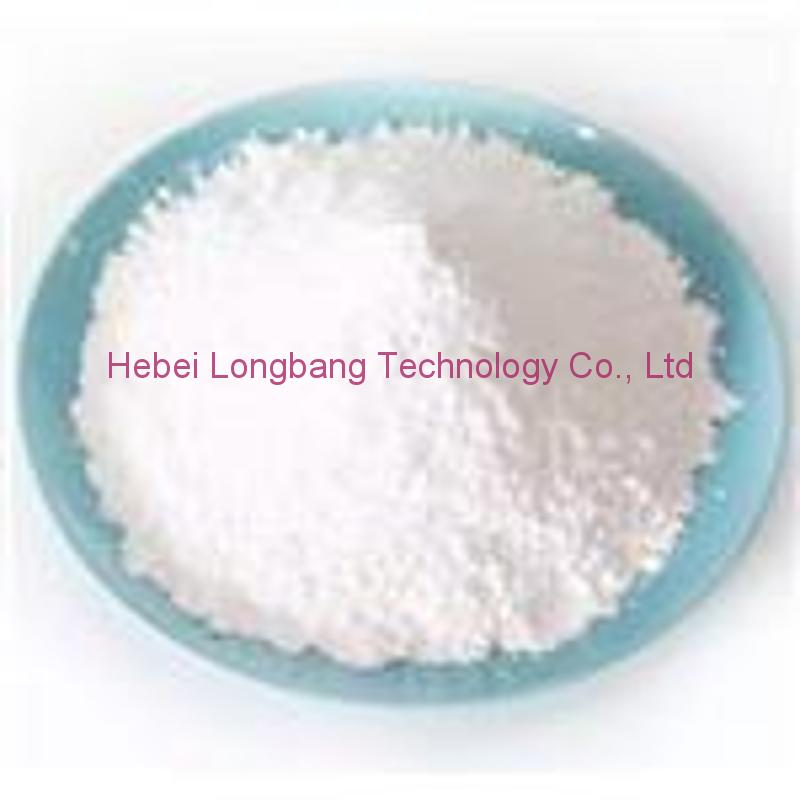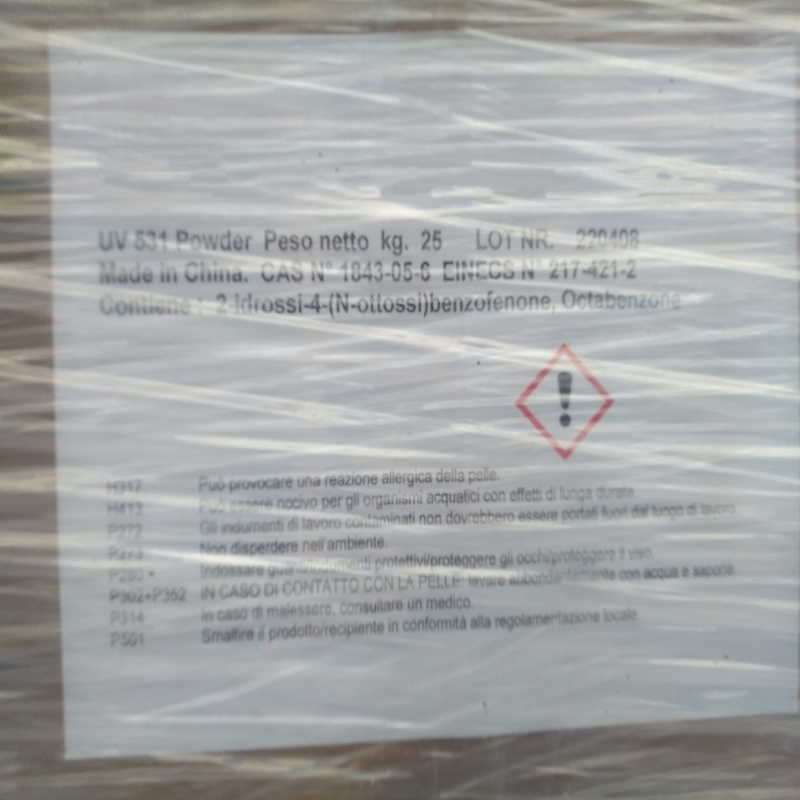-
Categories
-
Pharmaceutical Intermediates
-
Active Pharmaceutical Ingredients
-
Food Additives
- Industrial Coatings
- Agrochemicals
- Dyes and Pigments
- Surfactant
- Flavors and Fragrances
- Chemical Reagents
- Catalyst and Auxiliary
- Natural Products
- Inorganic Chemistry
-
Organic Chemistry
-
Biochemical Engineering
- Analytical Chemistry
-
Cosmetic Ingredient
- Water Treatment Chemical
-
Pharmaceutical Intermediates
Promotion
ECHEMI Mall
Wholesale
Weekly Price
Exhibition
News
-
Trade Service
Recently, despite the sharp drop in European energy prices, the European petrochemical industry is still worried about the many challenges facing the industry
.
Industry insiders said that 2022 would have been a year to look forward to, but the reality gave the European chemical industry a head start
.
The coronavirus epidemic has just eased, and the Russia-Ukraine conflict has exacerbated high inflation
in the European market.
Under the influence of various factors, the possibility of a recession in EU countries this winter is very high, and the depth of the recession depends on the measures taken by policymakers to deal with the recession
.
Against this backdrop, the European chemical industry is facing not only operational problems, but also an imminent decarbonization transition
.
Many European chemical companies and chemical associations have begun lobbying governments for more policy tilts
.
Energy costs still have a profound impact on corporate earnings
At present, the probability that the European economy will start to fall into recession this winter is still high, which will have a huge
impact on the European petrochemical industry.
Some market analysts said the European petrochemical industry may have to face more production plant closures due to factors such as oversupply of key products in the global industrial supply chain, macroeconomic downturn and high energy costs
.
This summer, industry watchers warned
about macroeconomic challenges and energy bills facing Europe's petrochemical industry.
Today, even as energy prices fall sharply, supply chain issues ease, and importer freight costs drop significantly, this concern remains
.
Bernd Elser, head of global chemicals at consultancy Accenture, said that production costs have soared due to soaring electricity bills this winter, and some chemical subsectors in the EU are facing a critical moment
.
It should be noted that it is not the current energy price that affects the current European electricity bill, but the energy price
1~2 months ago.
In other words, the impact of high energy prices in the early stage on the cost and profit margin of petrochemical enterprises will continue until the end of
this year.
This can be observed
in the petrochemical profit margin.
S&P Global Commodity Insights data shows that ethylene margins in northwest Europe, a key feedstock for a range of petrochemicals, have slipped from around $1,000/mt in June to around $100/mt in September, and ethylene margins are expected to be just over zero
for the rest of the year.
Ethylene derivatives will also face this problem
.
S&P global analysts expect the profit margin of downstream high-density polyethylene (HDPE) to fall from about $600/mt in October to about $400/mt by the end of the year and to less than $100/mt
by the end of 2023.
End products have become difficult to compete globally
The current sluggish profit margins have a direct impact on the global competitiveness
of European petrochemical companies.
Siaran Healy, an oil and petrochemicals analyst at the International Energy Agency (IEA), said: "Historically, ethylene cracking in Europe has not been the highest in the world in terms of production costs, but it is also not the lowest
.
But this time, some of their advantages over East Asian competitors will be lost
because of higher energy costs and downstream problems.
This will make the situation even more dangerous
.
He added that many ethylene crackers in Europe have reached technically minimum operating load levels
.
S&P global analysts pointed out that the reduction of production by polymer processors will have a knock-on effect
on the petrochemical industry chain.
Joshua Forber, petrochemicals analyst at S&P Global, said: "If European polymer processors can't compete, they will have to reduce their operating load ratios
.
This leads to a decrease in the operating load of ethylene plants, while the minimum operating load rate of some crackers has been reduced to about
80%.
"In fact, the ethylene cracking plant load rate is the most economical
to maintain in the range of 95%~100%.
For now, it looks set that this market weakness will continue
.
S&P Global said: "Polyethylene (PE) resin purchases are expected to remain low, and some buyers may turn to imported materials
.
"Actual production of certain petrochemicals in Western Europe may be significantly lower than capacity
.
This is especially true
for linear low-density polyethylene (LLDPE) and ethylene glycol (MEG).
Elther said that at present, the trend of the European chemical industry from energy-intensive bulk chemicals to high value-added specialty chemicals continues
.
Moreover, the pressure to decarbonize Europe remains enormous
.
In May, Accenture released a report saying that the cost of decarbonizing the EU chemical sector could reach 1 trillion euros
.
This is another big expense
for the European chemical industry.
Chemical companies and chemical associations stepped up government lobbying
Regarding the much-watched European winter energy problem, Elther said that in the short term, he is optimistic about the overall outlook for Europe's winter energy supply, and it is unlikely that
the power outage will affect the chemical industry.
Elther said: "I don't think the gas outlook in Europe is completely negative
.
There will undoubtedly be individual plants that will be left idle, but that will be a small part of
the chemical industry.
The large-scale integrated production facility will continue to operate
.
One thing is certain, though, consumers will have to bear some of the cost increases
.
”
However, despite the lack of security concerns, European chemical companies and petrochemical industry groups have lobbied EU institutions
.
Recently, the European Chemical Industry Council (Cefic) and 12 other trade organizations said the EU must take more direct and effective measures to help tide over energy-intensive manufacturing with unaffordable production costs
.
The German Chemical Industry Association (VCI) said it welcomed the lifting of the gas tax and the planned electricity price cap
, which was scheduled to begin on October 1.
However, the industry group added that the tariff cap would only provide some "breathing room" and that more targeted measures should be taken to help German chemical through the "tough times"
of the next two winters.
In this context, petrochemical industry organizations began to demand EU intervention in the market
.
In the chemical sector, for example, Cefic has asked the EU to impose a cap
on natural gas prices.
In the United Kingdom, where the electricity price calculation system is similar to that of the European Union, calls for reform from chemical companies and industry groups are also on the rise
.







